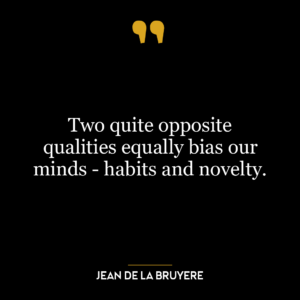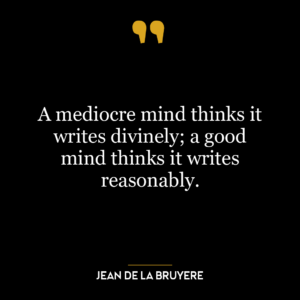This quote suggests that the inability to handle wealth is a sign of mental weakness. It implies that a strong mind is necessary to manage wealth responsibly and effectively. Wealth, in this context, is not just about money or material possessions, but also includes the abundance of opportunities, resources, and power. The quote emphasizes the importance of mental strength in being able to bear the responsibility that comes with wealth, and not be corrupted or overwhelmed by it.
The quote also suggests that wealth can be a test of character and mental fortitude. When one acquires wealth, they are faced with new challenges, such as managing their assets wisely, making ethical decisions, and maintaining their integrity. Those with a weak mind may be easily swayed by greed, become complacent, or misuse their wealth. On the other hand, those with a strong mind are able to use their wealth for good, maintain their humility, and not let the wealth define their identity.
Applying this idea to today’s world, we often see examples of people who come into wealth suddenly, such as lottery winners or overnight sensations, and struggle to manage it. Some end up squandering their wealth, falling into debt, or becoming unhappy because they were unprepared for the responsibilities and challenges that came with their newfound wealth.
In terms of personal development, this quote can serve as a reminder of the importance of cultivating mental strength. It suggests that we should strive to develop qualities such as wisdom, resilience, and integrity, which will help us manage wealth responsibly if we ever come to acquire it. It also encourages us to view wealth as a tool that can be used for good, rather than a measure of success or happiness.
Moreover, it highlights the value of personal growth and mental fortitude over material gain. In essence, it’s not about the wealth you have, but how you handle it that truly defines your character and strength of mind.













